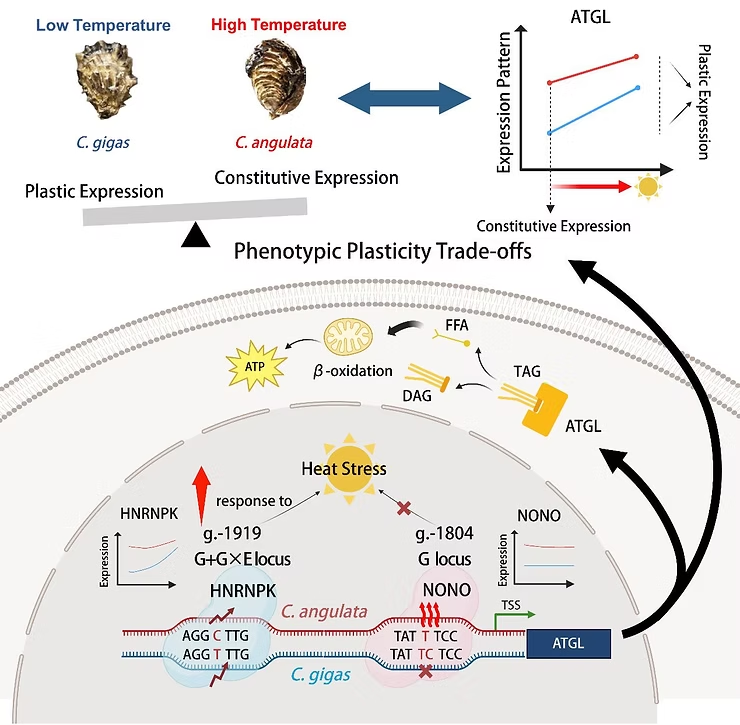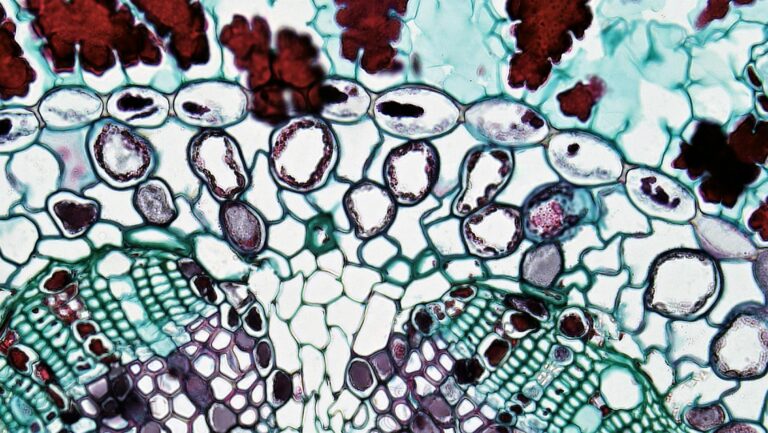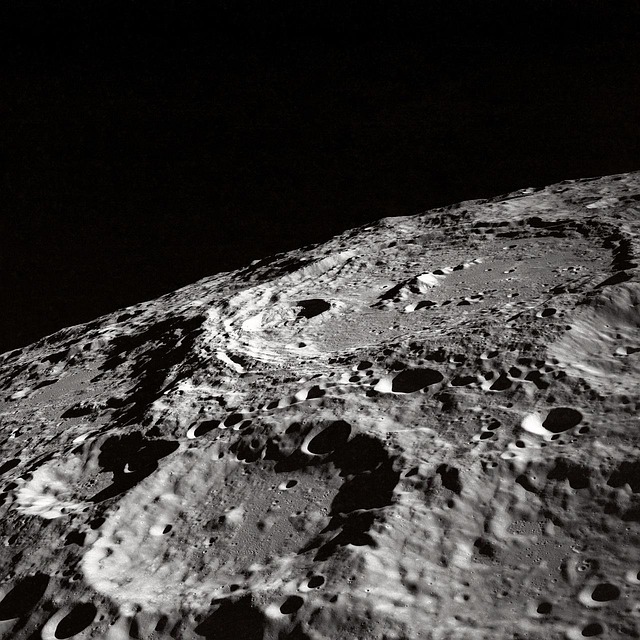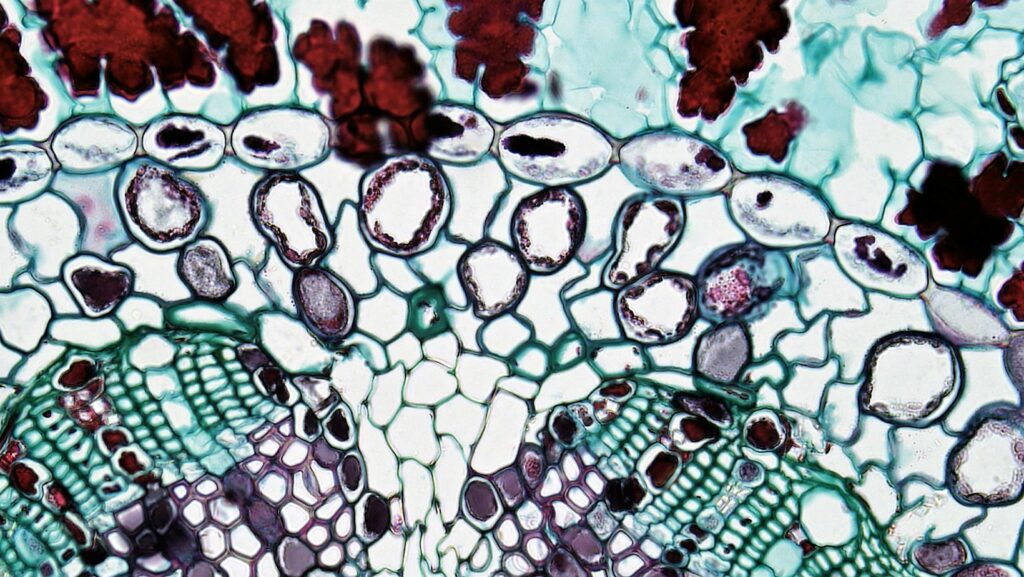Schematic representation of divergent Atal Plastic expression pattern regulated by cisvariations and trans-factors in C. angulata.
Phenotypic plasticity is an important evolutionary mechanism that allows organisms to modify their traits to adapt to rapid environmental changes. Genetic variation in phenotypic plasticity, also referred to as genotype-environment interaction (G×E), is a crucial factor that contributes to phenotypic variation in response to environmental changes. However, the understanding of how G×E effects influence different plasticity patterns of environmentally responsive traits is limited.
Recently, a research team led by Prof. LI Li from the Institute of Oceanology of the Chinese Academy of Sciences (IOCAS) demonstrated that the G×E effects of cis-variations in the triglyceride lipase Atgl created trade-offs between the constitutive expression and plastic expression of Atgl gene expression and triglyceride content in response to environmental changes.
The acute heat stress experiment revealed trade-offs between the constitutive and plastic expression of the environmentally responsive trait, triglyceride content, and the major gene Atgl gene expression in two congeneric oyster species (Crassostrea gigas and Crassostrea angulata). The relatively more heat-tolerant Crassostrea angulata exhibited higher constitutive expression and lower plasticity changes.
The researchers discovered that the divergent pattern of phenotypic plasticity appeared to be potentially mediated by the G and G×E effects of cis-variation in the Atgl promoter region. This region was regulated by the non-environmentally responsive transcription factor Nono and the environmentally responsive transcription factor heterogeneous nuclear ribonucleoprotein K (Hnrnpk).
“This study offers a proxy for a deeper understanding of how G×E effects contribute to the formation of adaptive traits,” said Ph.D. candidate DU Mingyang from IOCAS, the lead author of the study.













